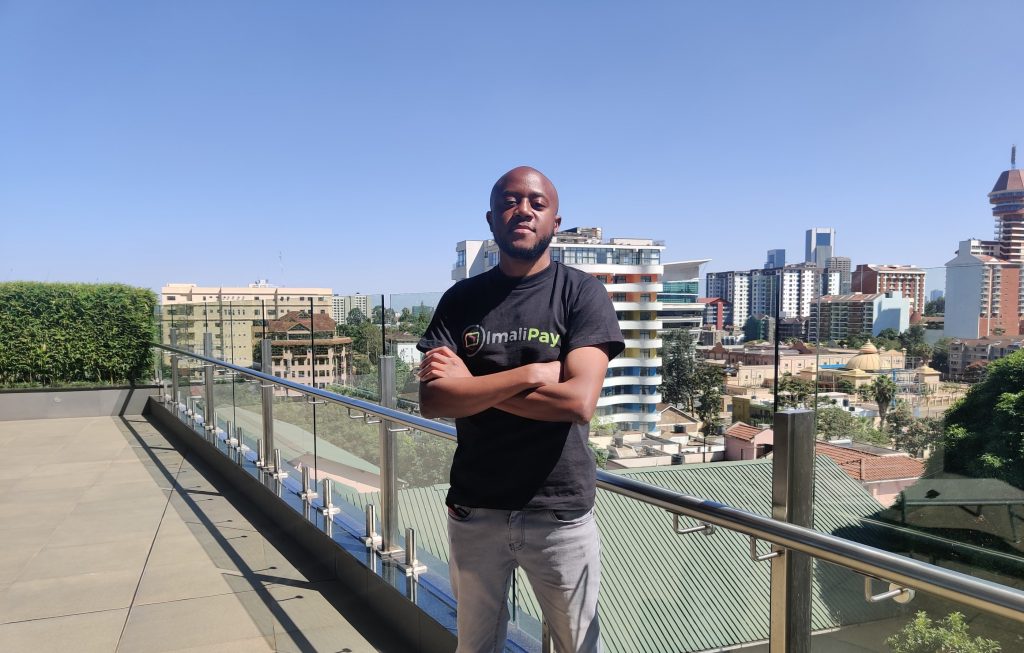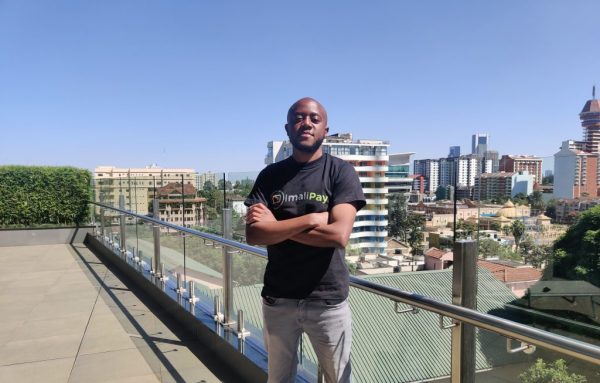You probably never heard of them but ImaliPay is one of the newest Nigerian fintech companies looking to capture the imagination of the tech community in the near future. ImaliPay has been on the scene for nearly six months now as they launched and a few days ago raised an undisclosed sum in pre-seed funding.
Read more about Tech
The most significant detail here is that ImaliPay has secured the backing of some prominent VC firms with this new development. Among those are TEN13, Changecom, Finca Ventures, Mercycorps, and Optimizer Foundation among other big angel investors from Africa and Europe. TEN13 is an Australian venture capital firm that is currently going through a process of growing its portfolio of African tech companies.
According to the firm’s MD, Stew Glynn,
“We believe this is a perfect opportunity to introduce our growing international network of investment professionals and investors to one of the most exciting emerging Fintech companies in Africa”.
TEN13’s portfolio in African tech companies includes Chipper Cash, Bookipi among others.
ImaliPay caters to the financial needs of a growing population of gig workers who are also very young too. The gig economy is increasingly attractive to many formal and informal workers and its rise has coincided with a period of mobility in labour. People are transitioning quite rapidly to gig-based work.
ImaliPay has targeted the markets at the fore of this phenomenon in Africa’s economy namely South Africa, Nigeria and Kenya. To demonstrate just how useful the app can be, Imali has gone on to partner with Safeboda in Nigeria and Bolt in Kenya. Bolt drivers in Kenya, for instance, can get quick loans on the app for 3-4 days and Safeboda can buy bikes, spare parts, smartphones and fuel to help their work on Imali. The app also offers investment and insurance tools to protect gig workers in a line of work that is known for its lack of insecurity.
Sign up to the Connect Nigeria daily newsletter
ImaliPay has opened operations in October 2020. Its founders, Zimbabwean and Nigerian duo, Tatenda Furusa and Sanmi Akinmusire. Both were former employees of South African telecoms giant, Cellulant. In reacting to the new development, Furusa noted that
“It’s a great opportunity for investors to participate in the fintech revolution and a fast-growing segment. Our vision at ImaliPay is to advance financial health and inclusion for gig workers who struggle to manage and access flexible financial services that are often only available to traditional SMEs”.
Imali is the isiXhosa word for “money”.
Source:
africa.com
Featured image source: Venture Burn
Got a suggestion? Contact us: [email protected]


